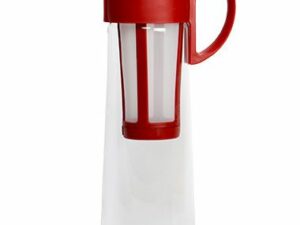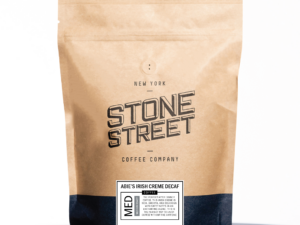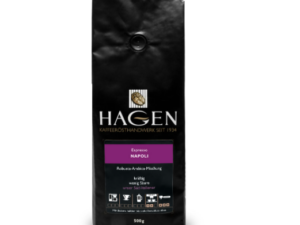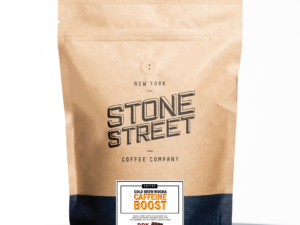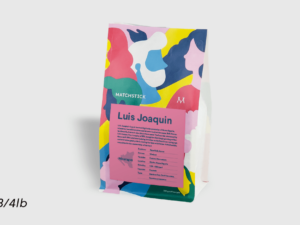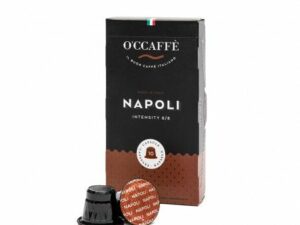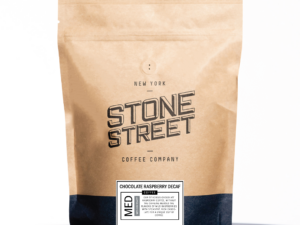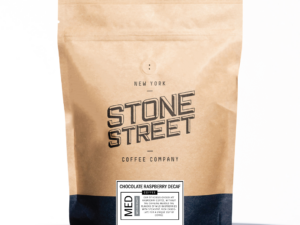Description
Okay, so you’ve found yourself at the decaf page thinking to yourself, do I really have to…? The answer is undoubted YES! Decaf is so good, you won’t know it’s decaf.
First off, we source our decaf from Café Imports, whose producer partners are based in Colombia. They start by selecting high-quality Specialty grade coffees, grown by small producers. Then the coffee undergoes a direct-solvent-based decaffeination process using naturally derived Ethyl Acetate from sugar cane. This method is often referred to as the “Sugar Cane E.A. process.”
Sugar Cane E.A. processing starts by fermenting molasses derived from sugar cane to create ethanol (so basically rum). This alcohol is then mixed with acetic acid (vinegar), to create the compound ethyl acetate.
In Colombia, where sugar cane is readily available, it makes great economic sense to use this plentiful resource to complement the coffee industry. E.A. is also found in wine, beer, fruit, vegetables, and much other food and beverage.
When the coffee is received at the decaffeination plant, it is first submitted to a condition of water and steam. This elevates the moisture content in the seed and swells the interior porous structure in order to facilitate the extraction of the caffeine. It is at this point, that the bean experiences an E.A. wash, which molecularly binds with and dissolves the caffeine. The seeds are then cleaned with freshwater, followed by steam, to clean the innermost pours of the seed. Finally, the seeds are dried until reaching moisture similar to what they had prior to the process. This method avoids excessive heat or pressure, which can radically disrupt a green coffee’s cellular structure, thus degrading the flavor quality of the coffee.
Out of all the processes, we find it to have the least impact on flavor quality. It is considered a safe to consume method, as after the cleaning/steaming/roasting process there is typically less than 1 part per million of E.A. residue left on the coffee. EA is only harmful to humans in excess of 400 parts per million.
Vendor Information
- No ratings found yet!

